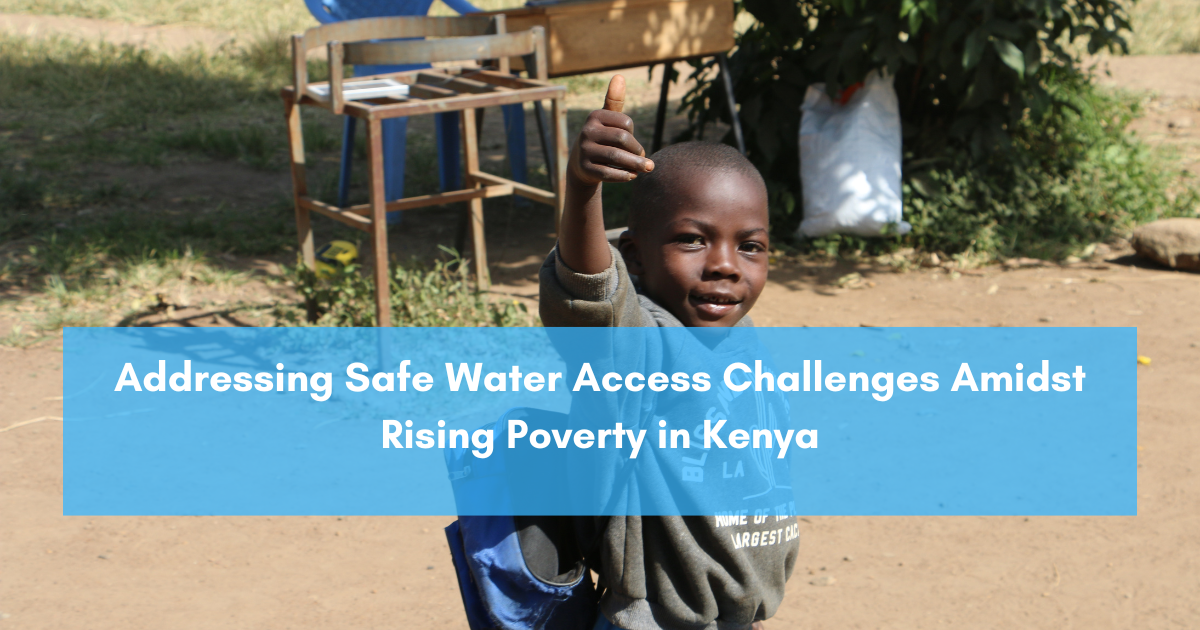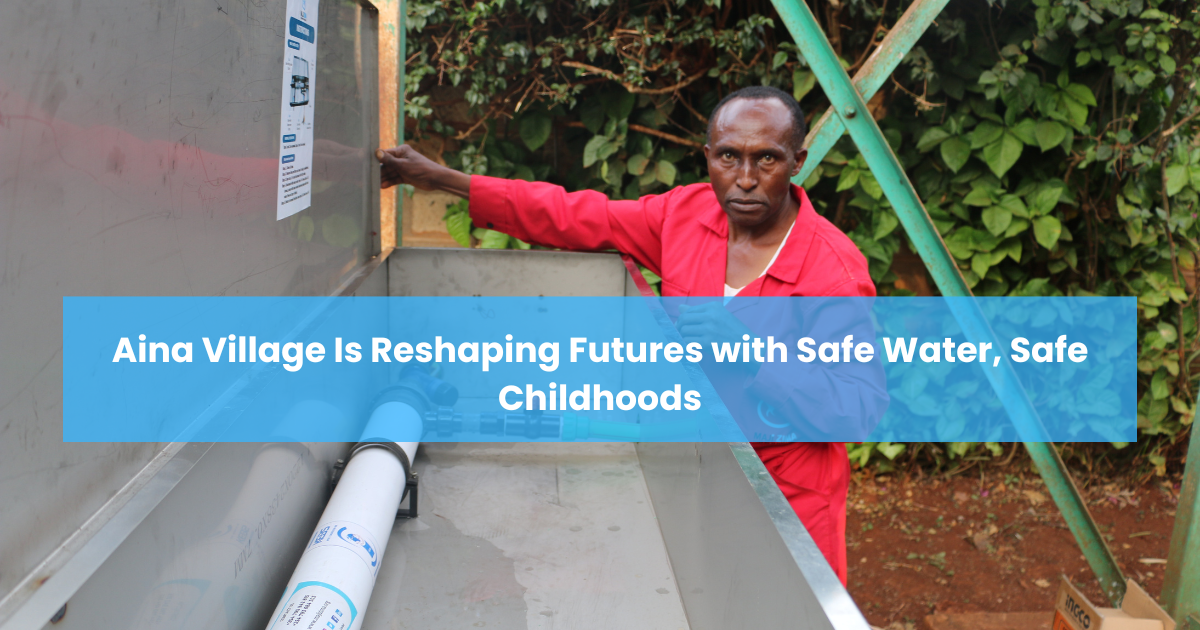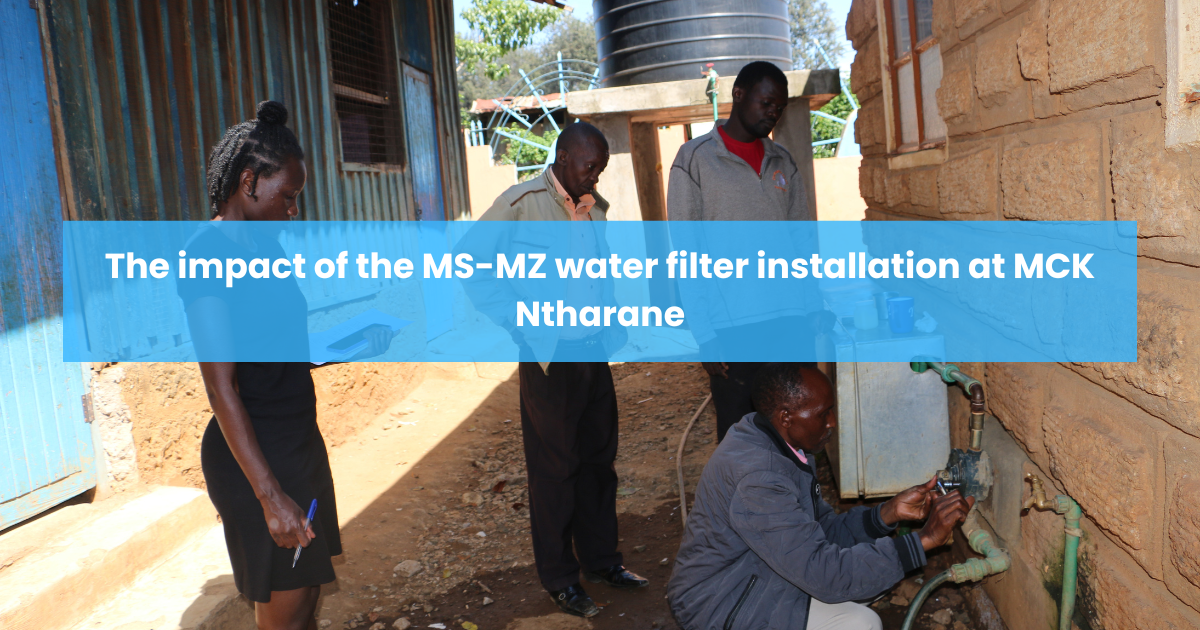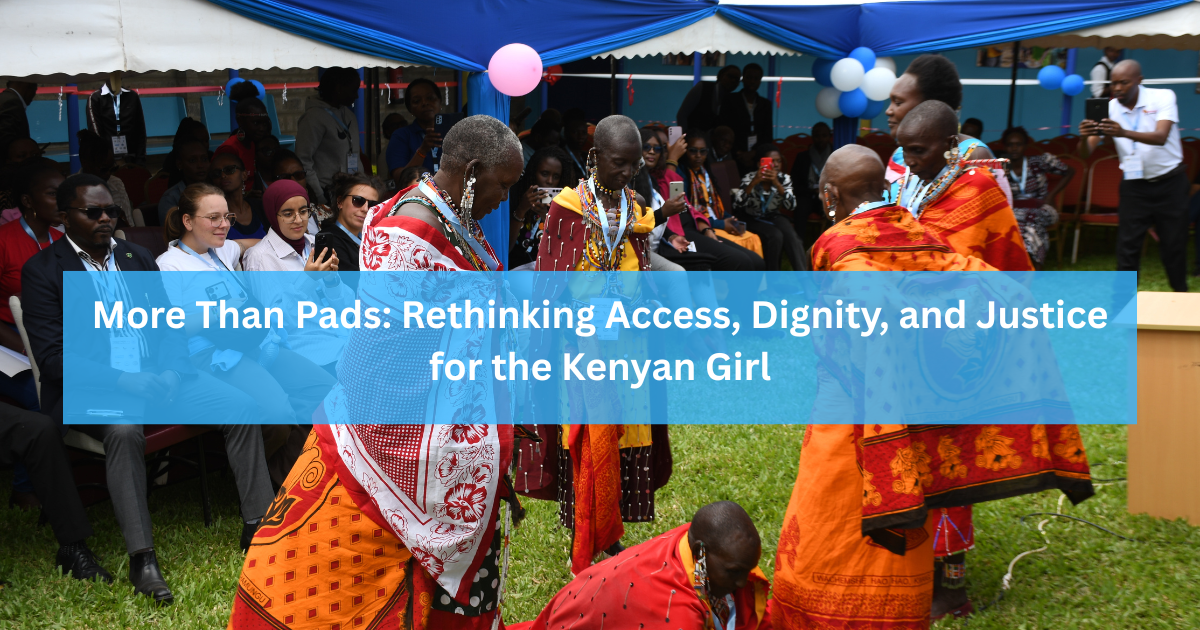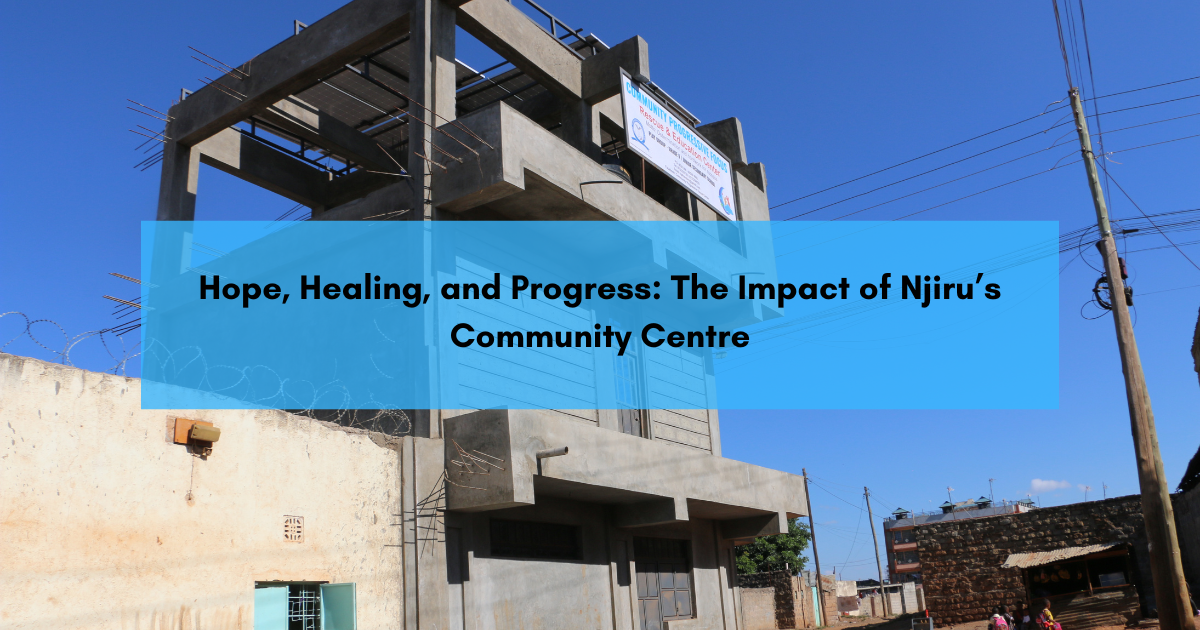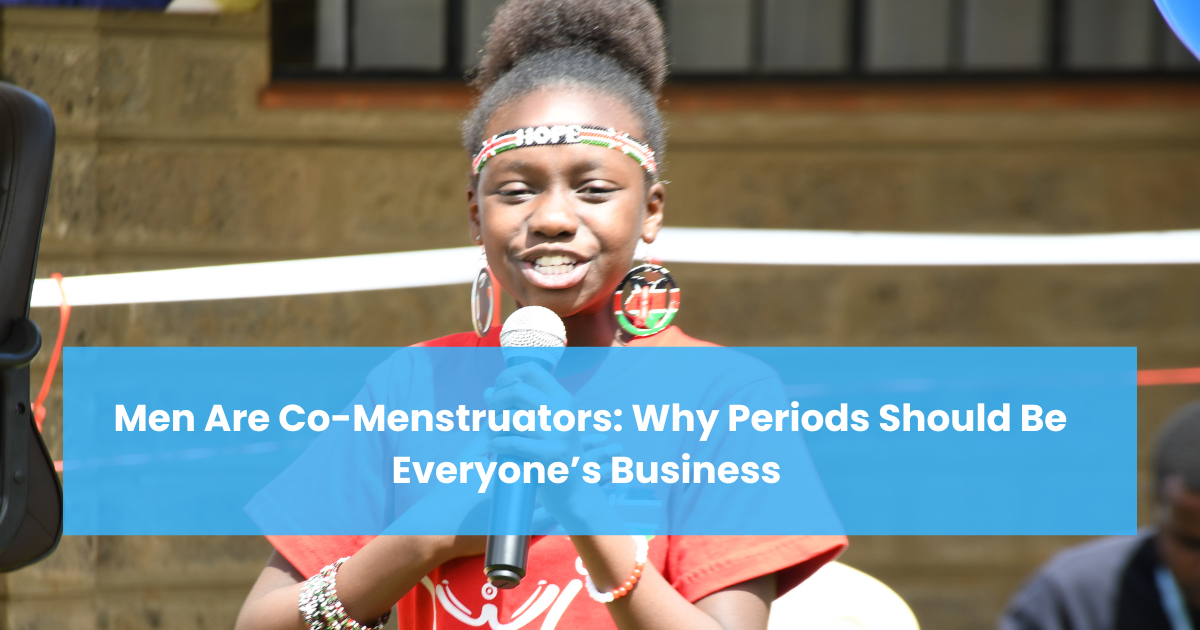
In Kenya, the escalating poverty levels are creating significant hurdles for many citizens, particularly when it comes to accessing essential resources like clean water. The recent unrest among Kenyan youth, protesting the Finance Bill 2024, has made room for exacerbating the situation. The bill, which demands increased financial contributions from the public to support an extravagant national budget, has the potential to further strain the already limited financial resources of many Kenyans. This will likely deepen poverty, making it even more challenging for individuals to afford necessities.
The Maji Zima team is committed to installing MS-MZ water filters, which are crucial for providing clean drinking water. Unfortunately, many beneficiaries of these filters are unable to contribute financially due to their dire economic circumstances. Furthermore, many of the beneficiaries' water tanks are not adequately elevated, which is necessary for the MS-MZ filters to function effectively. Raising these tanks involves costs that many are struggling to afford, adding another layer of difficulty to accessing safe drinking water.
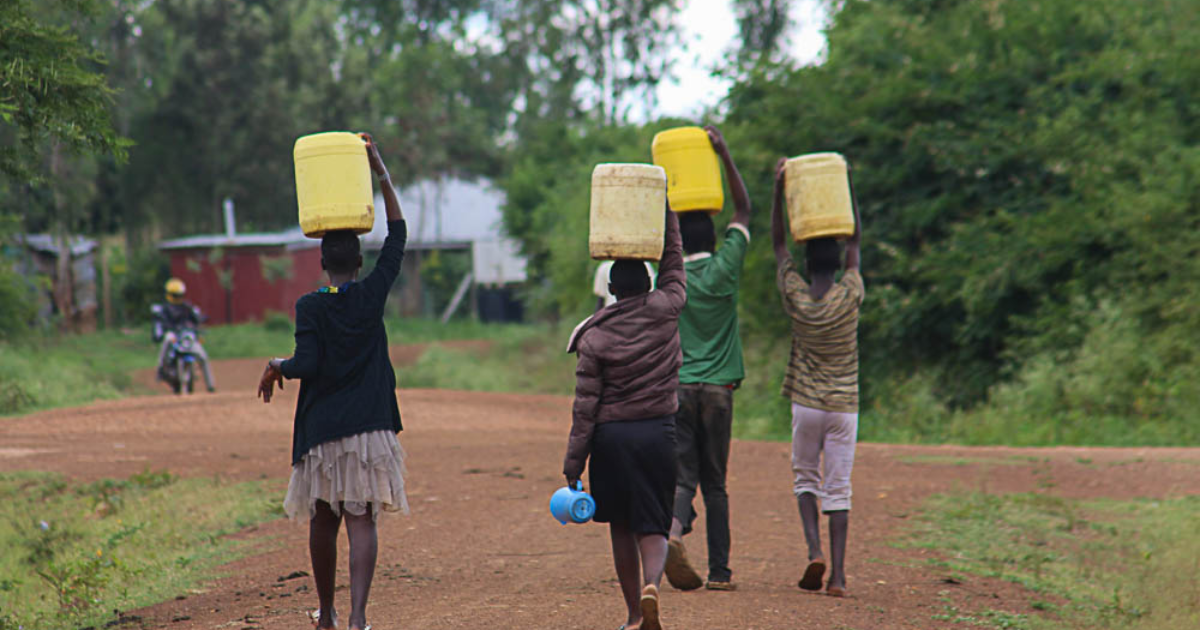
The pilot project is designed to test a new approach that could potentially overcome the financial barriers faced by many beneficiaries. By using solar-powered pumps connected directly to the water filters, the need for costly tank elevation is eliminated. This innovative solution could significantly reduce the overall costs associated with installation to the beneficiaries, making it more feasible for other communities in need.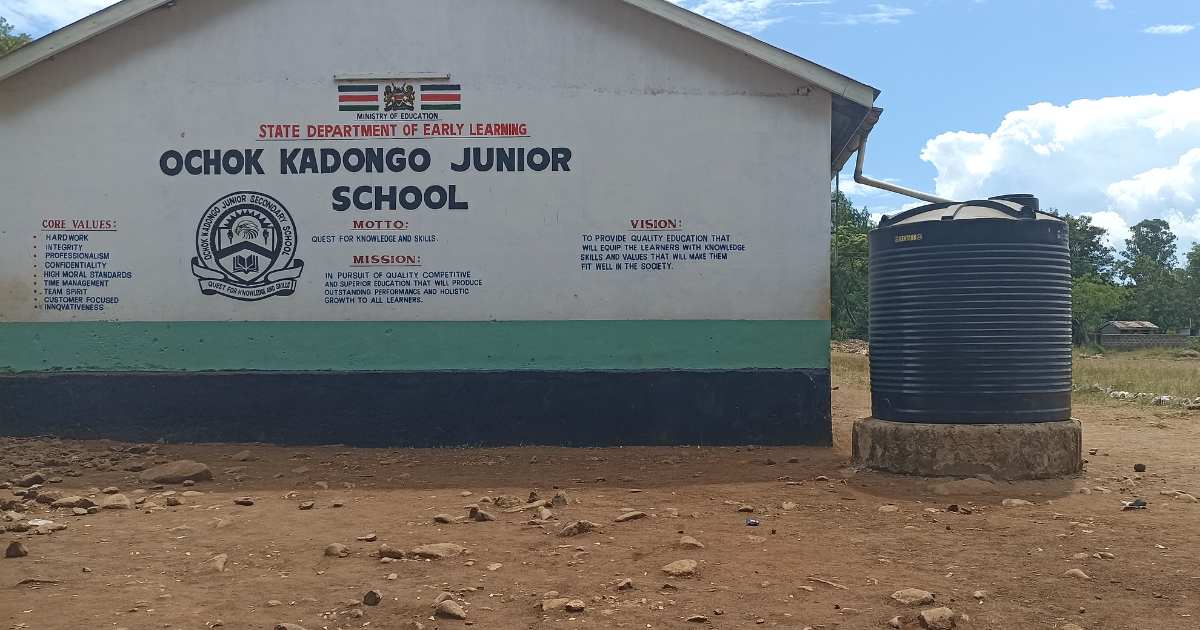
In summary, the current financial hardships many beneficiaries face are making it increasingly difficult for them to contribute to essential water filter installations. The Majizima team's pilot project represents a promising step towards overcoming these barriers. By introducing solar-powered pumps and avoiding the need for costly tank elevation, this initiative aims to provide a more accessible and sustainable solution for improving water quality in impoverished communities. The hope is that this project will not only succeed in its immediate goals but also inspire further efforts to address the broader challenges of poverty and access to clean water in Kenya.
